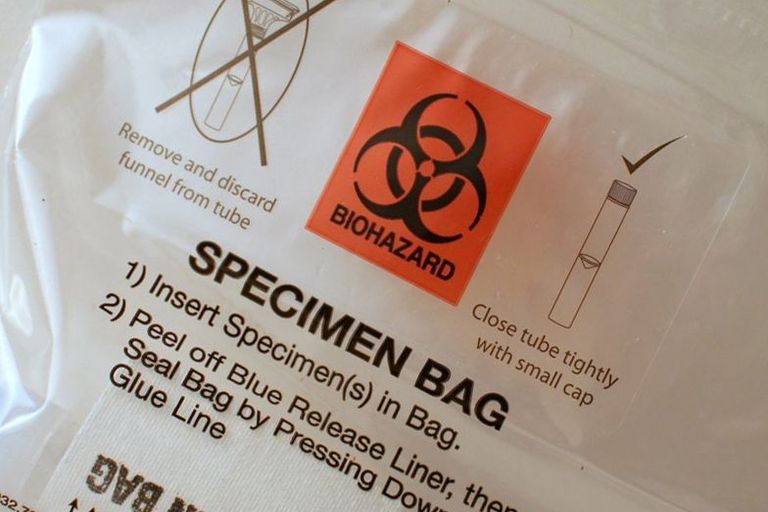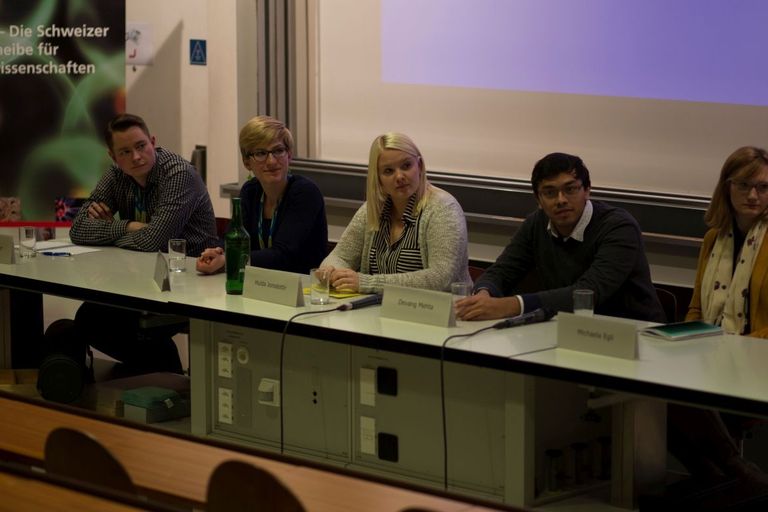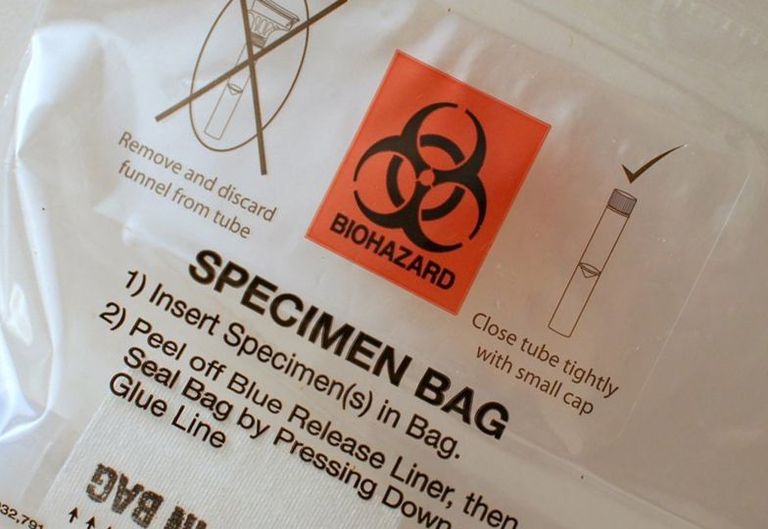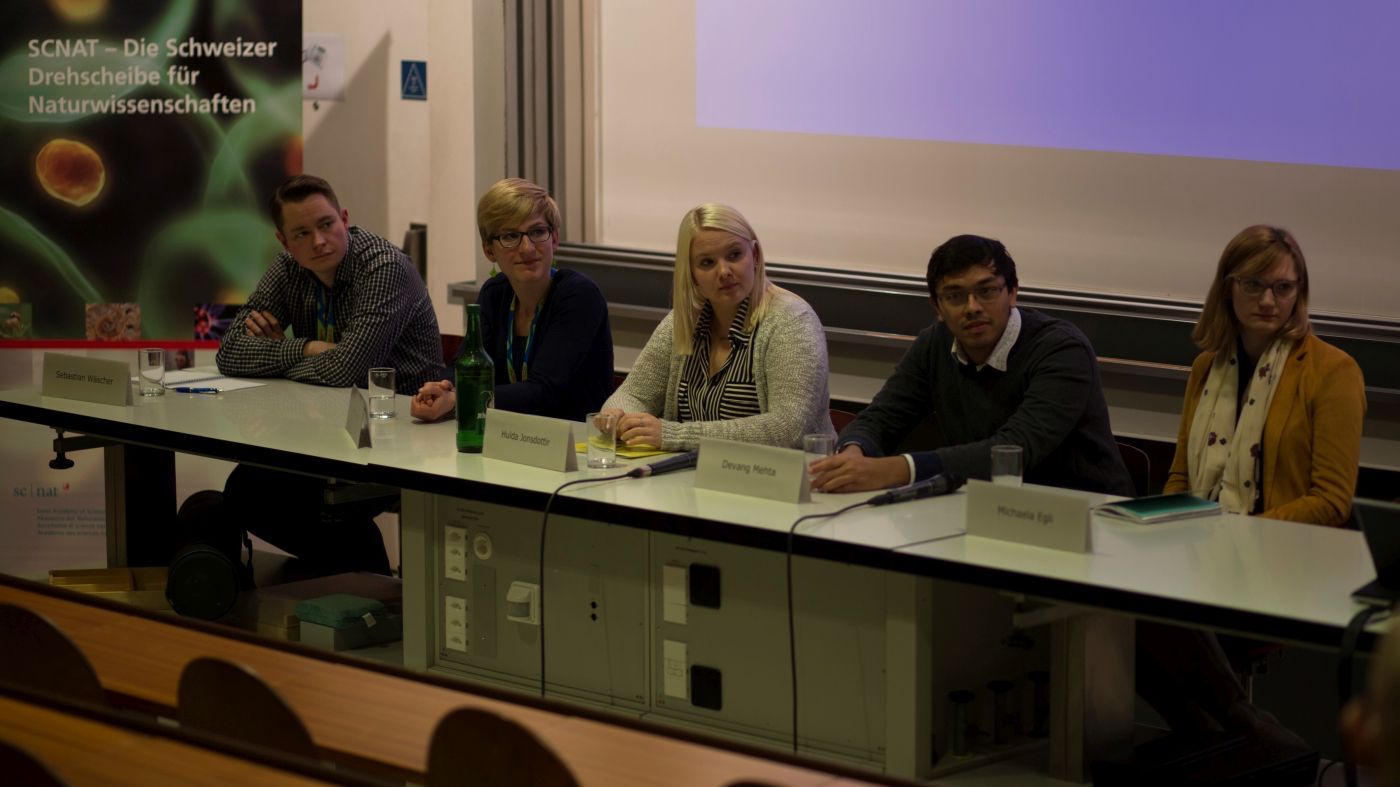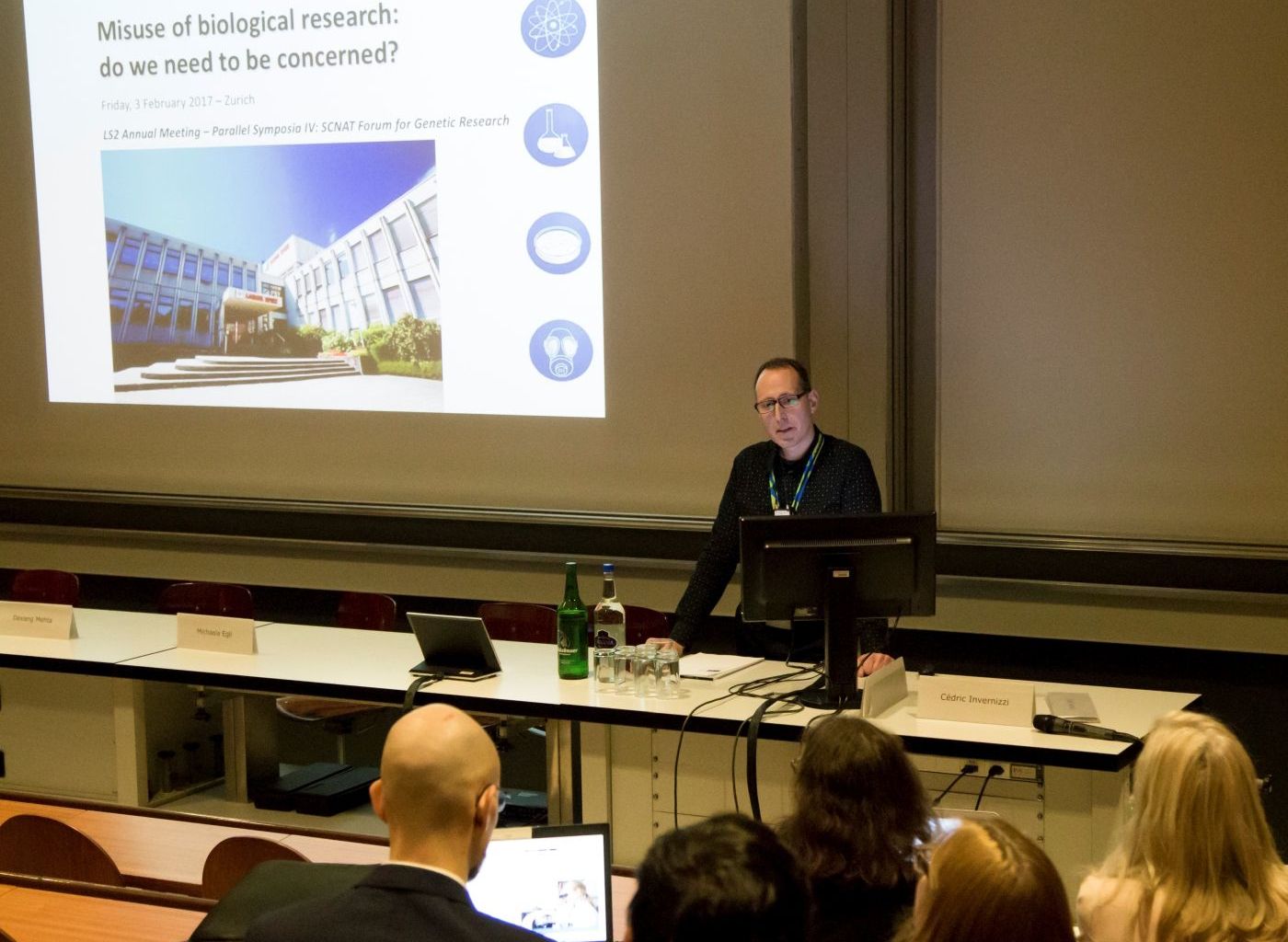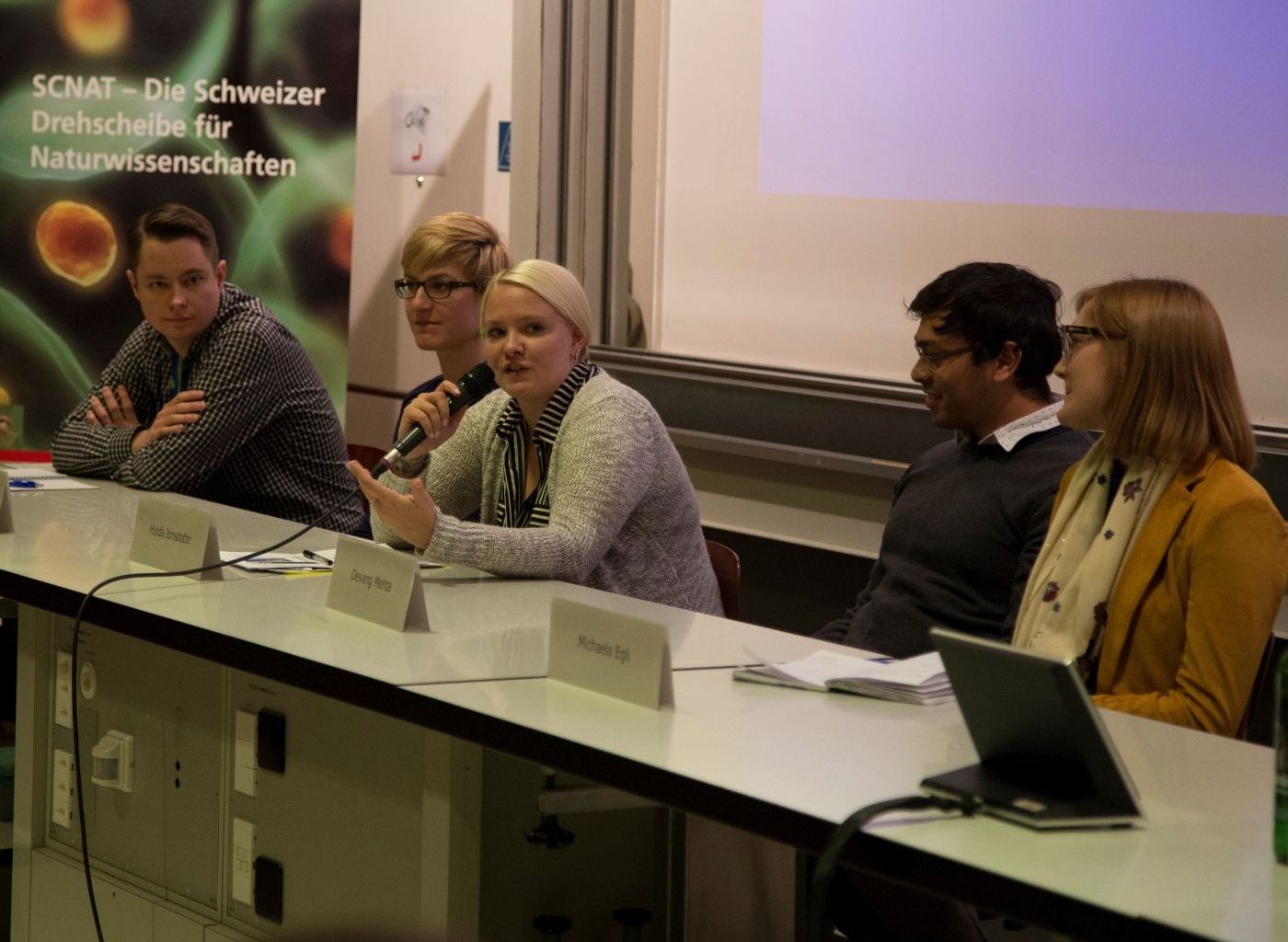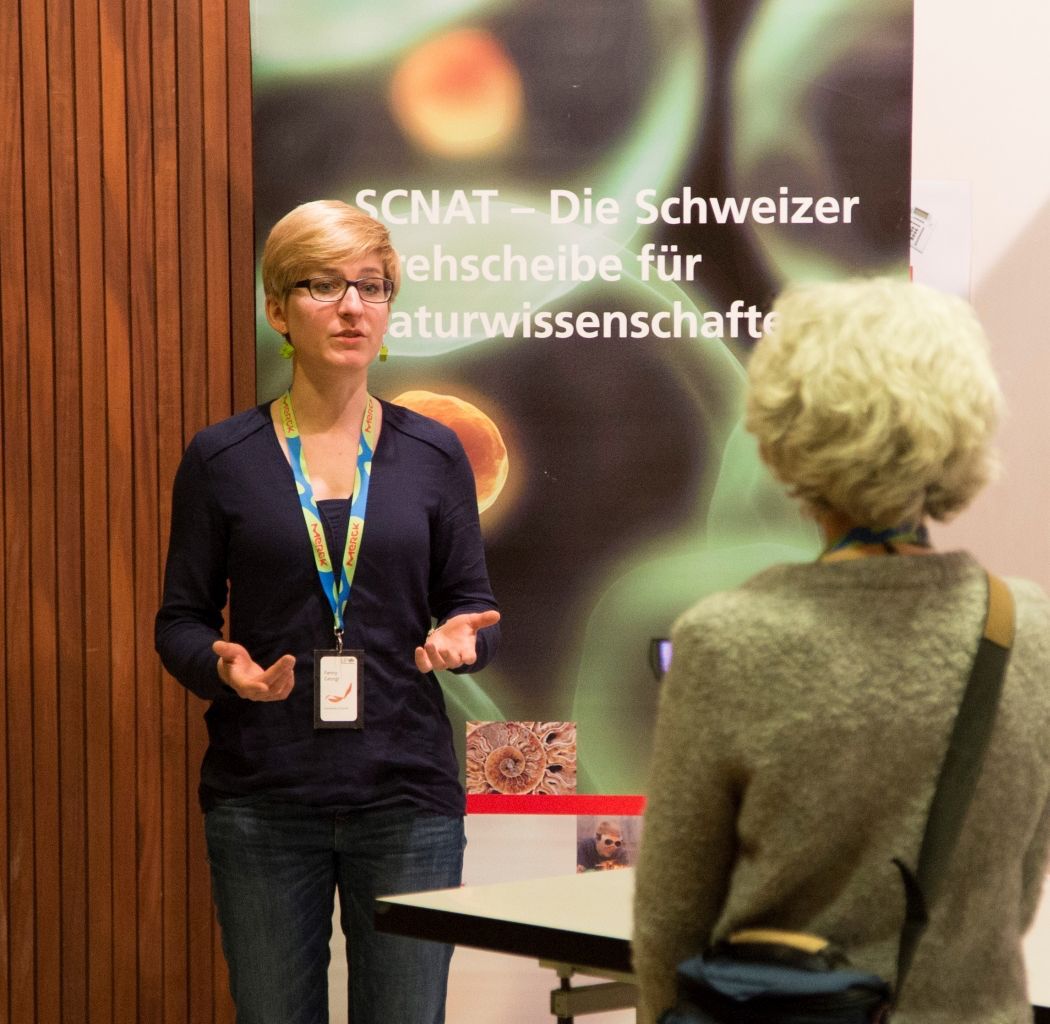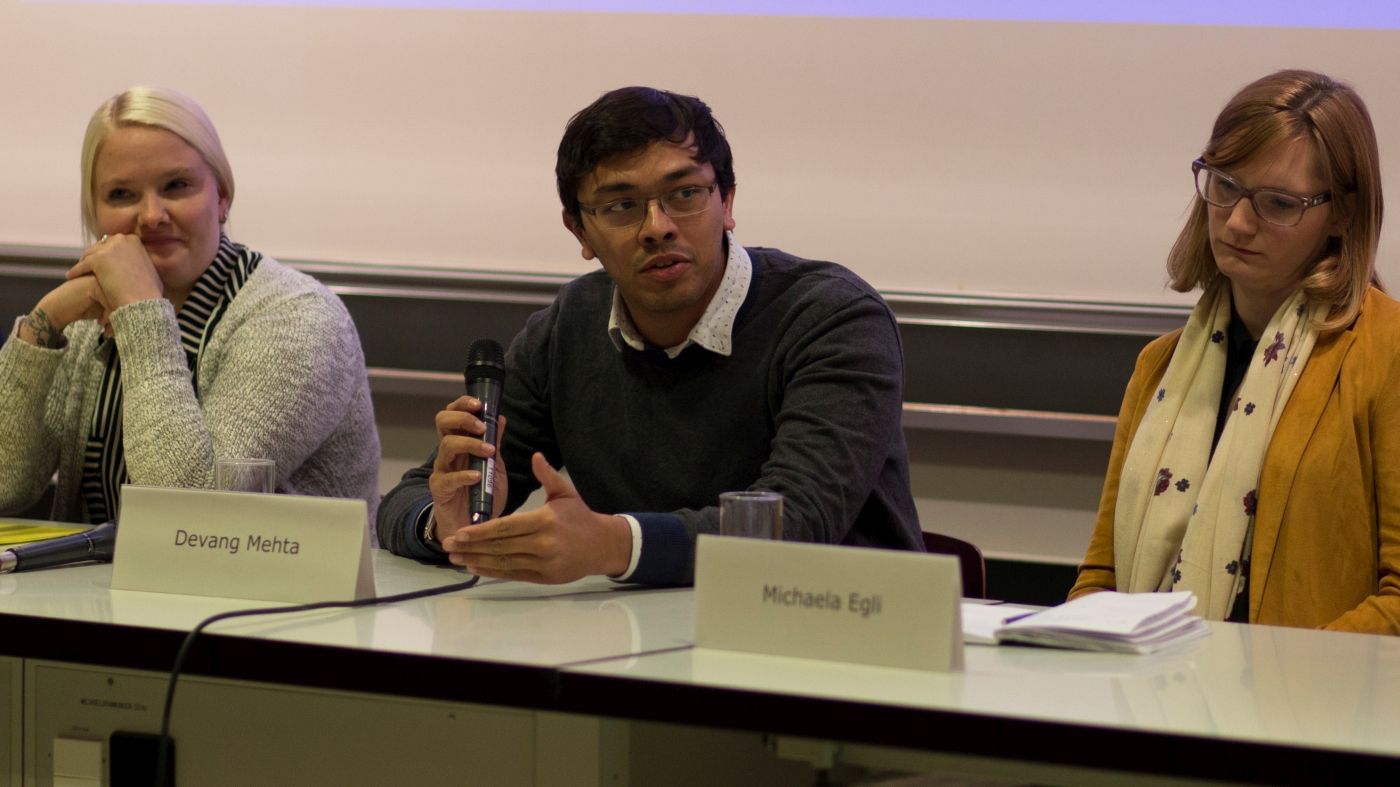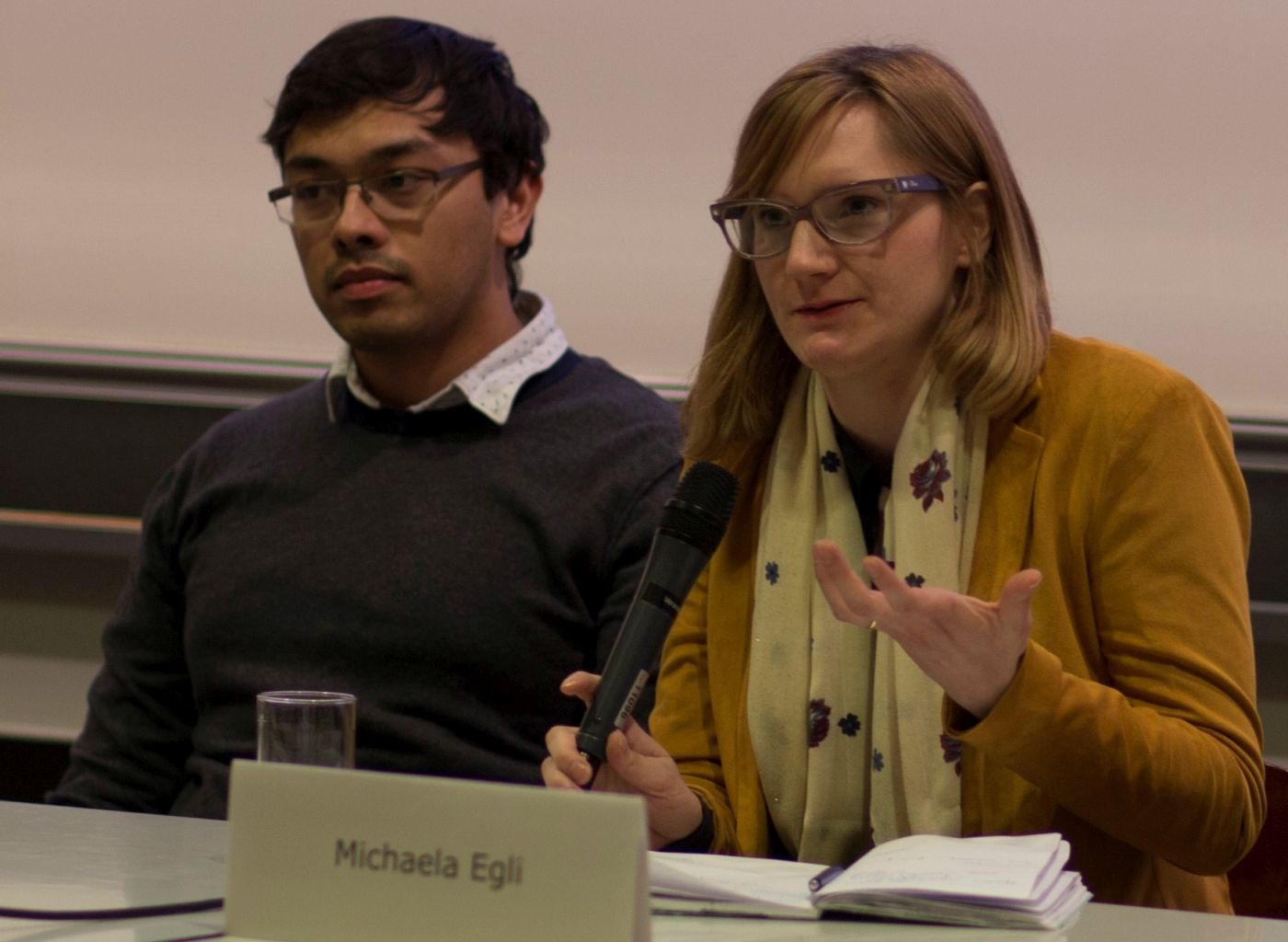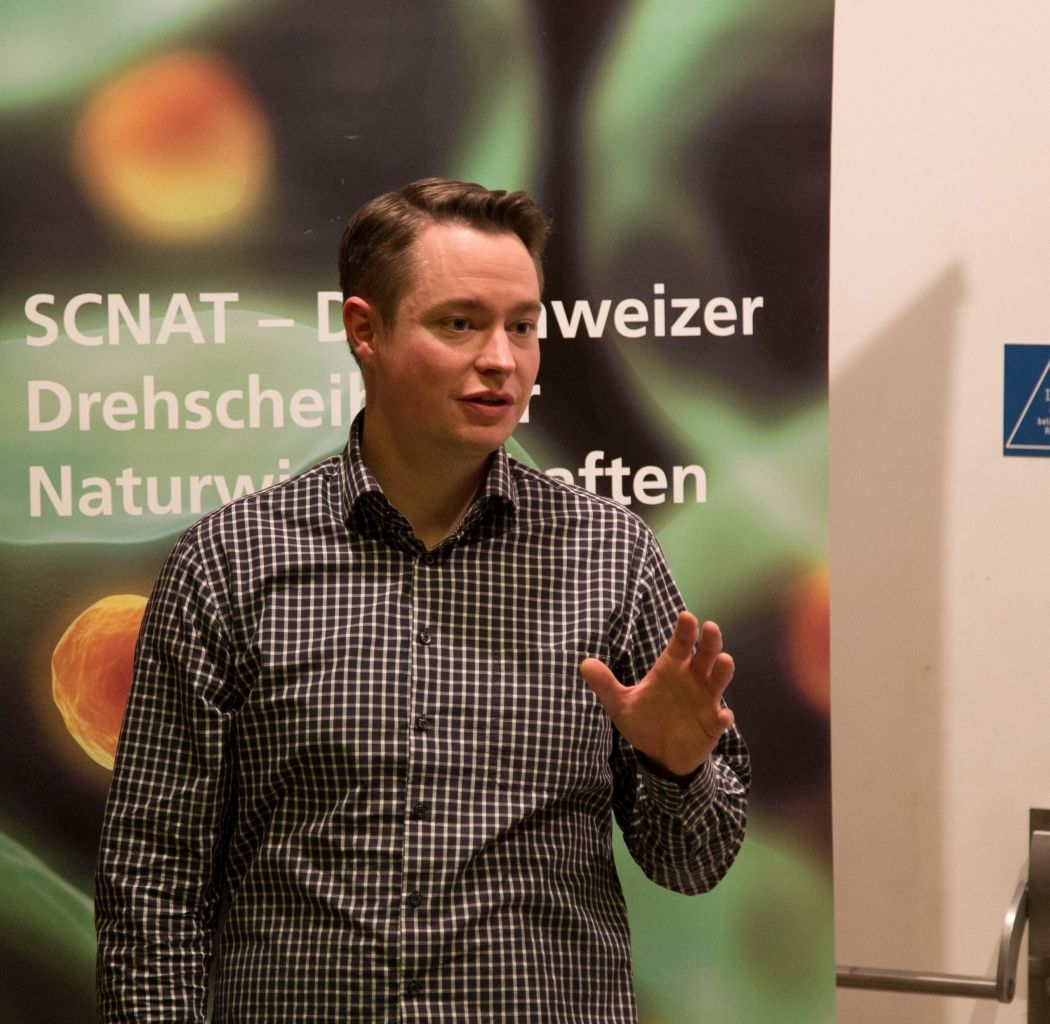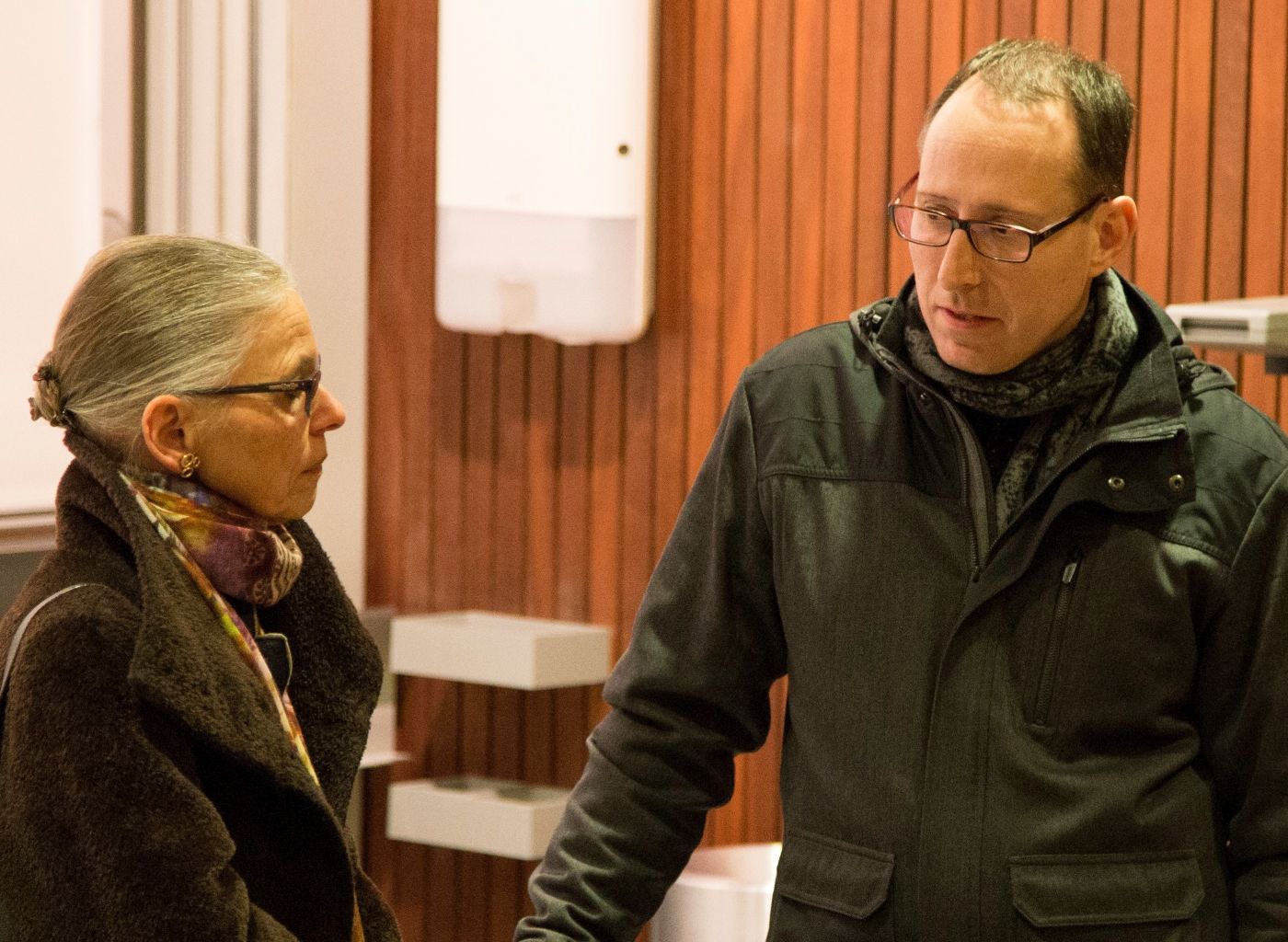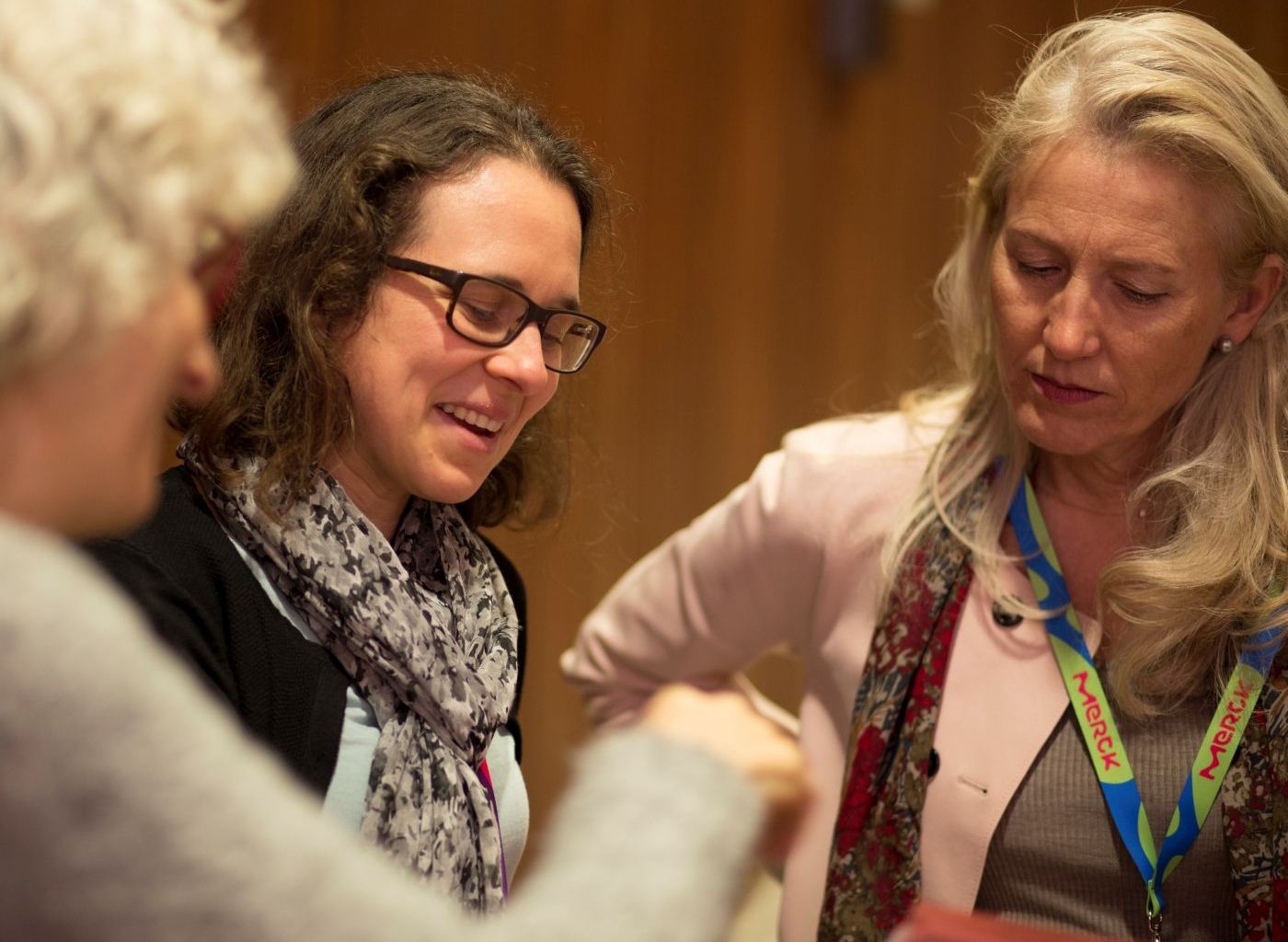Genome editing, genome synthesis, biobricks, gain of function experiments, nanocarriers: scientists are the driving force for advances in life science research that provide tools and products with great benefits for health and welfare. However, the very same discoveries, if malevolently applied, could also cause great harm. Health authorities worldwide are concerned about this “dual use” dilemma. If we as scientists were asked to consult the authorities, how would we respond? How would we address the misuse potential of life science research in order to prevent biocrimes but at the same time allowing the advancement of science?
The Forum for Genetic Research invited participants of the LS2 Annual Meeting as well as other interested persons to explore this question. Cédric Invernizzi, biosecurity and bioweapons expert of the Spiez Laboratory, explained in his input talk why there have been increasing security-related concerns about life science research and what measures authorities but also scientists have implemented so far. An interdisciplinar panel of young scientists then discussed about their understanding of ethical research, the importance of open communication and the unpredictability of biological research. Around 30 participants took part followed and joined in on a lively and entertaining discussion.
You can find below a summary of the discussion in form of an event report.
The event was supported by the Federal Office of Public Health.
------
PROGRAM:
Session chair: Ursula Jenal, Forum for Genetic Research / Jenal & Partners Biosafety Consulting
14:00 Welcome
14:05 When export controls interfere with the publication of scientific research: The dual use problem. Cédric Invernizzi, Federal Office for Civil Protection (FOCP), SPIEZ LABORATORY
14:35 Round-table discussion with Sebastian Wäscher (University of Zurich), Michaela Egli (think tank reatch), Hulda Jonsdottir (University of Bern), Devang Mehta (ETH Zurich) and Fanny Georgi (University of Zurich)
15:30 Open discussion
16:00 Summary and end
